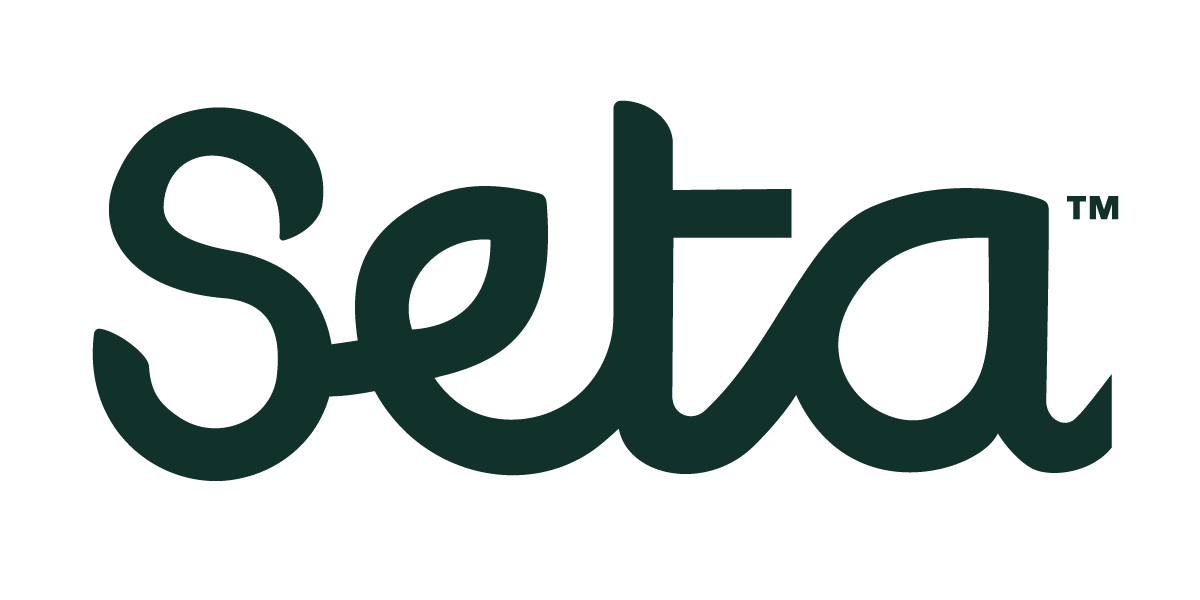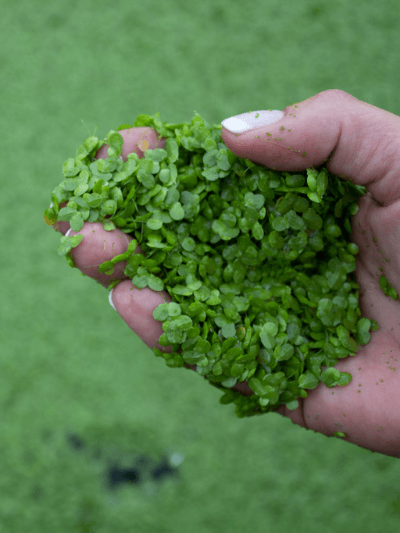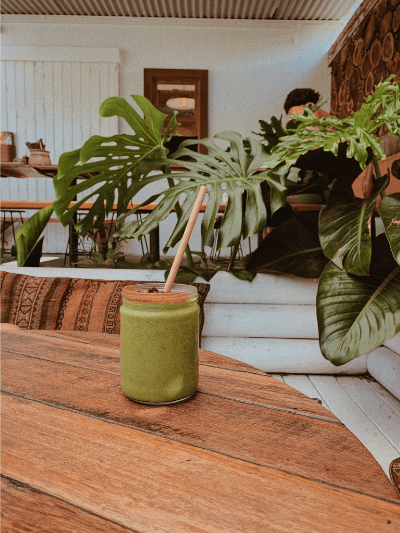In recent years, Canadians’ diets have become a lot more diverse. In addition to the more obvious distinctions between intercultural and intergenerational eating habits, many are choosing to join food movements or commit to specific dietary regimes. Major motivators include: health, weight, and environmental or ethical concerns. Vegetarianism and veganism remain particularly popular, distinguished as they are by dietary modifications that buck the trends; they can be considered true, enduring movements. While a diet that excludes animal products completely can still be a balanced one, dedicated vegans benefit greatly when they are properly informed and able to see to it that all of their nutritional needs are met. Speaking of which, the all-important vitamin B12 is worth particular attention!
The role of B12 and signs of deficiency
Indispensable to human health, vitamin B12 plays a major role in the production of DNA, nerve cells, and red blood cells. Consequently, a vitamin B12 deficiency can create neurological disorders—particularly, anemia. Anemia triggered by B12 deficiency sets in slowly and gradually, and can take up to 6 months to reverse. Symptoms associated with suboptimal B12 levels include: fatigue, pallor, shortness of breath, dizziness, tingling, loss of sensation in the hands and feet, and muscle weakness.
Vitamin B12 deficiency is particularly common among the elderly and vegans. Indeed, the research indicates a 10% occurrence among omnivores compared to nearly 90% among vegans! In addition to insufficient intake, suboptimal absorption of the vitamin can contribute to the problem as well. Various factors can contribute to these absorption problems, such as taking certain medications, low stomach acidity, and inflammatory bowel disease.
B12 requirements and sources
While general vitamin requirements vary from one population group to another, those for vitamin B12 are relatively stable. Requirements are shown here in micrograms per day.
Population |
Requirements (mcg / day) |
19 years + Men and womens; |
2.4 |
Pregnant woman |
2.6 |
Breastfeeding women; |
2.8 |
The majority of vitamin B12 sources are found in the animal kingdom. Of these, meat, fish, seafood, dairy products, and eggs are particularly rich. And yet the exclusion of all of these foods is at the heart of vegan principles. Can we then conclude that a vegan diet is completely devoid of B12? Not quite!
Certain products, including vegan beverages, soy-based foods, and nutritional yeast tend to be fortified with vitamin B12. Additionally, Water lentil is, to this day, considered the only BIOAVAILABLE plant source of B12!
Animal vs plant-based B12
It’s a long-standing belief that vitamin B12 is exclusive to animal products. That said, in recent years, it has been discovered that certain plant sources may also contain B12: algae and cyanobacteria. This is why spirulina has at times been presented as a potential source of B12. It’s important to be careful, however, as the B12 contained in spirulina is said to be inactive, so it can’t actually help meet our needs. The good news: Water lentil is an exception to the rule! The vitamin B12 it contains is active, making it a true exception in the plant world!
In conclusion, with the exception of clear cases of deficiency and medical diagnoses requiring supplementation, it is often better to turn to food to meet your vitamin and mineral requirements. For vegans, integrating fortified vegetable drinks, nutritional yeast and water lentil into one’s diet can help meet these requirements! Since all of these foods fit wonderfully into a balanced diet, adding them helps to avoid any need for supplementation.
Vanessa Daigle, Nutritionnist






Comments (1)
Très intéressant , je partage, j’utilise levure alimentaire en flocon B12, recommande aussi.
Merci!